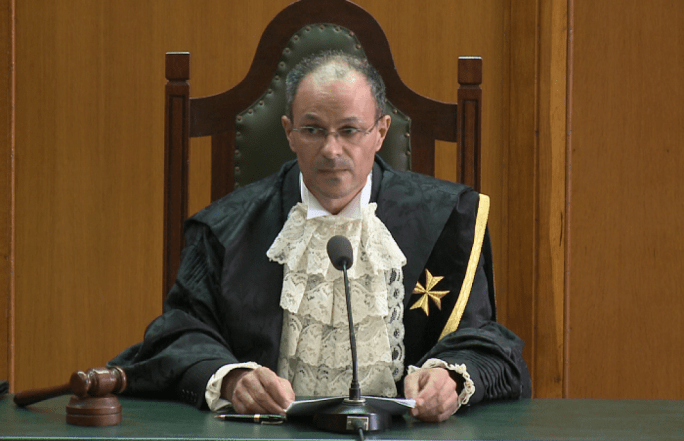
You may have not had had the time to read the entire speech by Judge Vincent De Gaetano about rule of law in Malta a few weeks ago. He was speaking about the state of rule of law in Malta and if you take one thing from that speech, make it this choice quote:
“Malta must be the only country in the civilised world where, except where the executive police or the Attorney General sound the gong for a magistrate to conduct an in genere inquiry, in all other cases before a magistrate can act he must inform the suspect of the report, information or complaint against him and allow him time to give his views on whether an inquiry is to be held (Art. 546(4A)). This is beyond bizarre.”
Now place that in the context of yesterday’s decision by Judge Giovanni Grixti. This is exactly what he was deciding about yesterday: the views of the persons on whom a complaint was made about whether an inquiry should be held.
Hearing them alone is “beyond bizarre”. It would be fascinating to learn how Judge Vincent De Gaetano would describe in what realm of the stupefyingly inverted would a judge in a civilised country decide, after hearing Joseph Muscat and the Panama Gang, that the evidence against them should not be investigated or looked into by an inquiry.
This is not technical. It’s really quite straightforward. Think for a moment that a witness walks into a police station and says he saw his brother stab his mother to death. The witness’s brother happens to be pals with the policeman in charge so the policeman decides to ignore the witness.
The witness cannot bear this and goes to court asking for an inquiry to start since the police failed to do their duty.
It’s beyond bizarre that what the Court then does is ask the alleged murderer if he agrees he should be investigated. And it is absolutely unbelievable that the court might find any reasons to say that an inquiry should not start.
And yet here we are. Running out of adjectives.